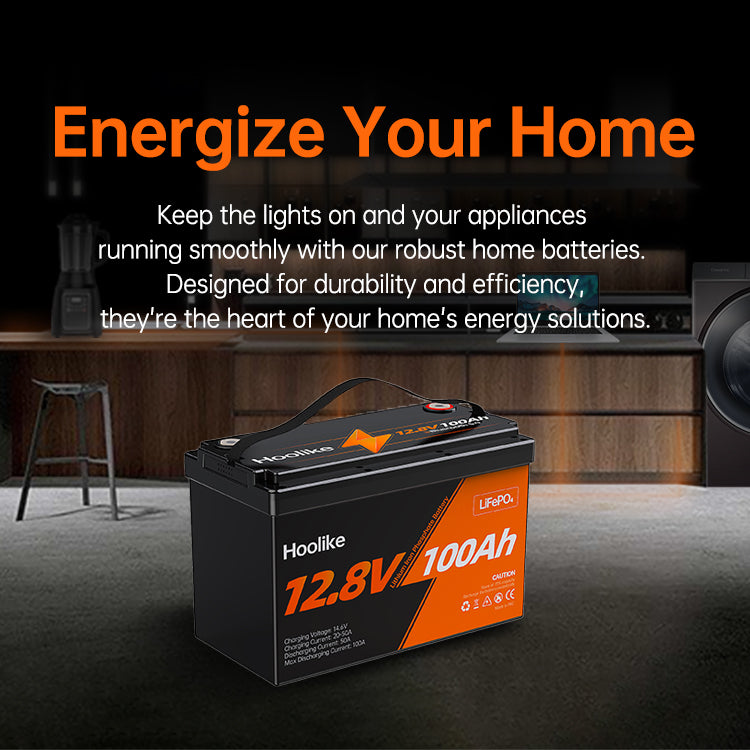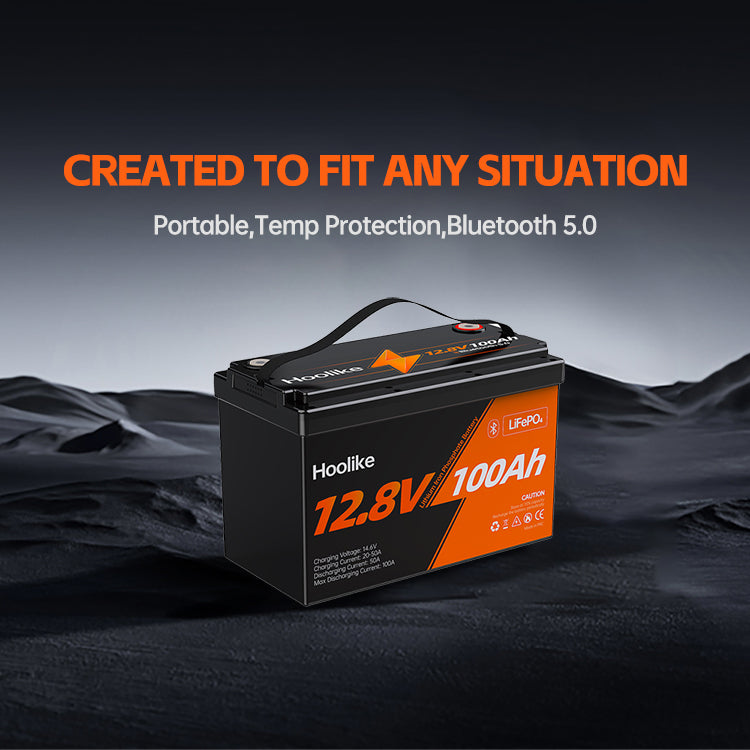As the demand for renewable energy rises, backup solar power storage has become essential for homes and businesses seeking energy independence and sustainability. Backup solar power storage systems, often centered around advanced lithium-ion batteries, store excess energy generated during the day by solar panels. This stored energy can be used during a power outage, at night, or during peak hours when electricity rates are higher, ensuring uninterrupted power and reducing reliance on fossil fuels. But what exactly is backup solar power storage, and who benefits most? Let’s dive in.
What Is Backup Solar Power Storage?
Backup solar power storage refers to systems designed to store surplus energy produced by your solar panels, making it available for later use. A typical solar installation generates energy during daylight hours when solar power is at its peak, but energy demand often occurs in the evening or at night. This excess energy is lost or returned to the grid without a storage solution. Backup systems, like lithium-ion batteries, capture and store this energy efficiently.

These systems work by integrating seamlessly with your solar power setup. Solar panels produce direct current (DC) electricity, which an inverter converts to alternating current (AC) to power your home or business’s electrical system. Any excess energy generated during the day is stored in the solar battery system, which can then be discharged as needed, providing a consistent and reliable power supply.
How Does Backup Solar Power Storage Work?
Backup solar power storage systems function as an intermediary between your solar panels and your electrical system. When installing solar panels, they generate more energy than your home or business consumes during sunny hours. This surplus energy is directed to the storage system, where lithium-ion batteries with high battery capacity hold the power until needed.

During a power outage, or when electricity rates peak, the stored energy is automatically discharged to power your electrical system. This ensures that essential appliances, such as lights, refrigerators, and heating systems, remain operational even when the grid is down. By storing and later utilizing excess solar energy, backup systems provide peace of mind and contribute to significant savings on electricity bills.
Who Needs Backup Solar Power Storage?
1. Homes and Businesses Seeking Energy Independence
Backup solar power storage is ideal for homeowners and businesses aiming to reduce reliance on the traditional power grid. By storing excess solar energy, these systems enable users to generate and use their power, enhancing energy independence. Back-up systems ensure a steady power supply even during grid failures, whether in urban areas or remote locations.
2. Areas Prone to Power Outages
Solar battery backup systems benefit from regions with frequent power outages or unreliable grids. These systems provide an uninterrupted power supply, ensuring critical operations or daily routines are not disrupted. For businesses, this reliability can prevent revenue loss, while for homeowners, it provides security and comfort.
3. Users Looking to Save on Electricity Bills
Installing solar panels and backup storage systems helps offset electricity costs by reducing reliance on the grid. Using stored energy during peak periods, homes and businesses can significantly lower their electricity bills. Additionally, users may qualify for tax credits or incentives, reducing the cost of adopting renewable energy solutions.
4. Environmentally Conscious Consumers
For those prioritizing sustainability, backup solar power storage is vital to reducing carbon footprints. These systems promote cleaner, greener energy consumption by maximizing the use of renewable energy and minimizing reliance on fossil fuels.

Advantages of Backup Solar Power Storage
- Energy Reliability: Backup systems provide continuous power, even during outages or at night, ensuring uninterrupted operations for homes or businesses.
- Cost Savings: Storing and using energy during peak rate hours significantly reduces electricity bills.
- Environmental Benefits: Backup solar storage reduces reliance on fossil fuels, supporting renewable energy adoption and lowering greenhouse gas emissions.
- Increased Battery Efficiency: Lithium-ion batteries offer high energy density and long lifespans, making them an efficient and sustainable choice.
- Flexibility and Scalability: These systems can be tailored to meet the energy demands of various users, from tiny homes to large commercial operations.
Final thoughts
Backup solar power storage is a transformative solution for anyone looking to harness the full potential of solar power. By storing excess energy generated during the day and providing reliable power when needed most, these systems empower users with energy independence, cost savings, and environmental sustainability. Whether you’re a homeowner looking to reduce electricity bills, a business seeking uninterrupted operations, or an eco-conscious individual striving to reduce fossil fuel reliance, solar battery backup systems offer the perfect blend of innovation and practicality. Investing in backup solar power storage is not just a step toward energy independence—it’s a leap into a cleaner, more sustainable future.





